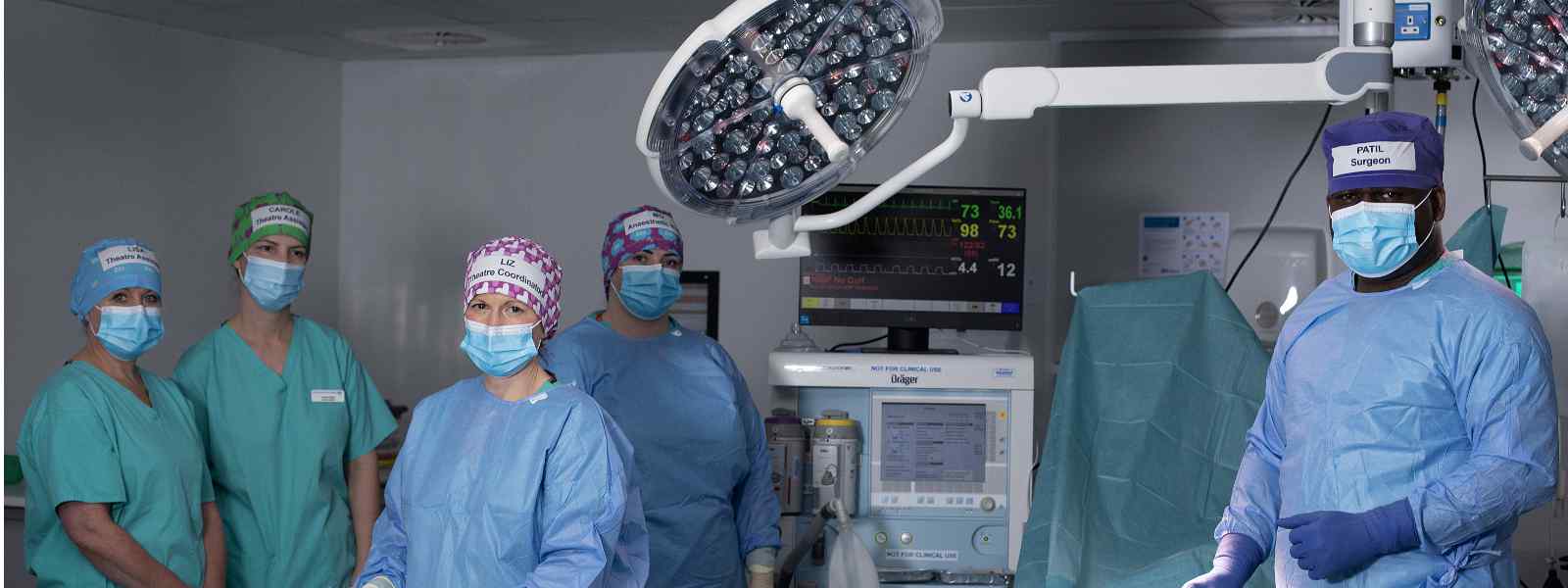
A pioneering research project aiming to reduce the environmental impact of the healthcare system has secured further funding of £3.1M from the UKRI Arts and Humanities Research Council.
Design HOPES (Healthy Organisations in a Place-based Ecosystem, Scotland), is using design-led research to identify barriers and opportunities for change within the healthcare system. A collaboration across the universities of Strathclyde, Dundee, Heriot-Watt, Abertay and Edinburgh, the aim is to help reduce NHS Scotland’s carbon output, which includes creating new products and services, prototyping and testing tools.
Across the two phases, the project has received a total award value of £7.75M and the latest boost builds on successes including a range of fully sustainable and biodegradable reusable textile products including theatre caps, developed in collaboration with NHS Scotland.
An earlier work-in-progress exhibition at the V&A in Dundee, Scotland’s Design Museum, attracted more than 50,000 visitors.
Net zero
The second phase of Design HOPES, which runs from October 2025 to March 2028, will continue to support the UK’s transition to net zero through the scaling up of design interventions and engaging diverse public audiences with the power of design.
Professor Paul Rodgers, of Strathclyde's Department of Design, Manufacturing and Engineering Management (DMEM) and co-director of Design HOPES, said: “Moving into phase two, Design HOPES will again be working closely with NHS colleagues to translate research findings into real world solutions.
“At present we are working with the NHS National Centre for Sustainable Delivery to roll out a large-scale trial of our reusable theatre caps which are undergoing user-testing across 14 regional NHS Scotland health boards, from NHS Ayrshire and Arran to NHS Shetland.
“This intervention will support NHS priorities by providing evidence-based solutions that contribute to net zero goals.”
Drive change
Professor Mel Woods, Chair of Creative Intelligence at the University of Dundee and co-director of Design HOPES, said: " Across Design HOPES we are showing how design can drive change at many levels, from a Green Ward Toolkit helping NHS staff measure and reduce a hospital ward’s environmental impact, to the Flow serious game, tackling net zero through patient journeys in emergency settings.
“Our next milestone is to translate this research into lasting impact. The project is connecting sustainability in the NHS with the public imagination, embedding outcomes and changing everyday practice, and policy at the heart of the NHS."
An exhibition featuring Design HOPES also opened this week at the Design Museum in London.